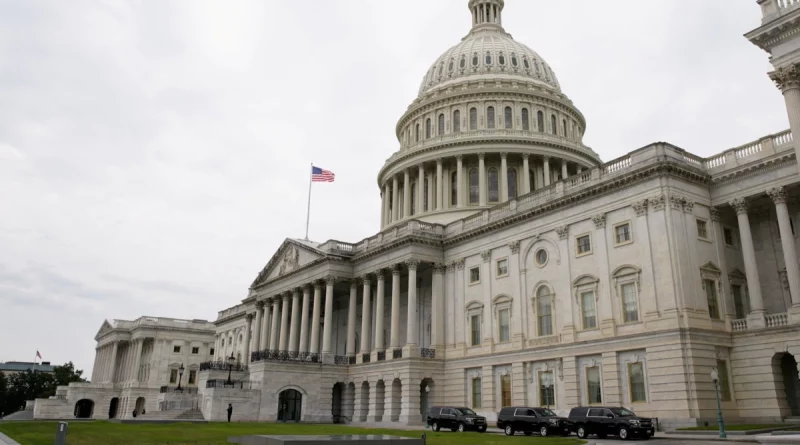In The House of Representatives continues to elect a speaker
In The House of Representatives continues to elect a speaker
On Wednesday, the House of Representatives will continue voting to elect a speaker. Without confirmation of the nominee for the position, the new lower house of Congress cannot begin work. As a reminder, the representative of the party with the majority in the election becomes the speaker. Republican Kevin McCarthy failed to get the necessary number of votes after 3 votes were cast on Tuesday, due to the opposition first of 19 and on the third vote of 20 Republican legislators from the right wing of the party.
A minimum of 218 votes is needed to be elected speaker. In the current composition of the lower house of Congress (212 Democrats and 222 Republicans), any Republican contender for speaker can only afford four votes in opposition. Throughout Tuesday night and Wednesday morning, Republicans in the House of Representatives have been consulting to find a way out of the situation.
Those who voted against McCarthy’s nomination have stated publicly that they will not compromise. They say they want changes to the rules that would give them more control over the speaker’s activities and more influence in voting on bills. Opponents of McCarthy have proposed Ohio Congressman Jim Jordan as an alternate candidate, although Jordan himself supported McCarthy’s candidacy.
Supporters of McCarthy, who has been House Republican leader since 2019, accuse opponents of campaigning against McCarthy personally and trying to gain influence-providing seats on House committees. McCarthy himself pledged Tuesday night to stay in the race.
For the first time in 100 years, the newly elected House of Representatives failed to elect a speaker on its first day in office.
